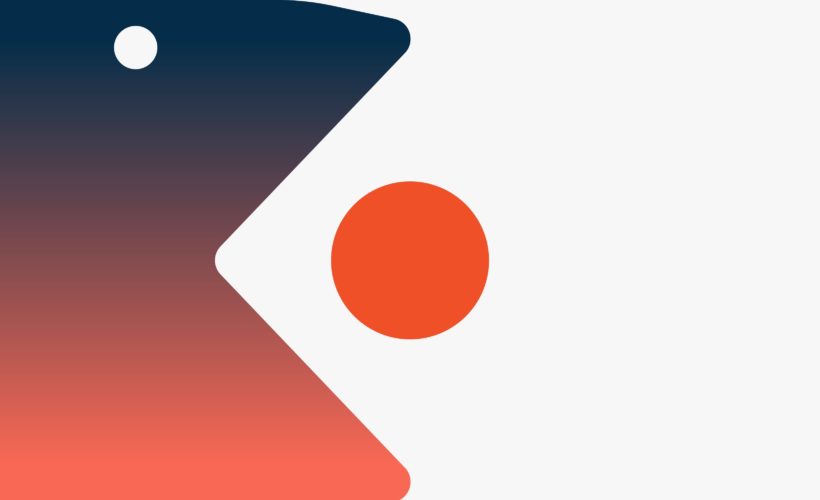Patreon, the membership platform that helps online creators make a living, announced Wednesday that it has acquired Memberful, another membership service that caters to larger creators including Gimlet Media and Stratechery.
Though they operate in the same, growing field, Memberful and Patreon don’t consider themselves direct competitors, and Patreon says that for now, the Memberful platform will remain independent. The only integration it’s thinking about developing is a way for creators to seamlessly move between Patreon and Memberful’s services. The two companies aren’t disclosing how much the deal is worth.
The move comes as competing giants like YouTube and Facebook are beginning to offer digital creators the same services Patreon has specialized in since 2013.
Patreon helps video gamers, visual artists, YouTubers, podcast stars, and adult content creators collect a regular paycheck on the internet from their fans, or patrons as they’re called on the site. In exchange for a recurring membership fee each month, patrons typically receive exclusive perks from creators, like behind-the-scenes video clips or custom artwork. Today, the platform is used by over 100,000 creators and 2 million patrons, according to the company. Some of Patreon’s most popular users include the podcast Chapo Trap House (over 22,000 patrons) and the comic series Cyanide & Happiness (over 3,000 patrons).
Memberful, which also started in 2013, has a smaller user base, but its clients tend to be more established and profitable creators. It charges different percentage fees depending on what type of plan a creator purchases, in addition to a monthly subscription fee. Patreon makes money by charging creators 5 percent of every successfully-processed payment.
This isn’t the first time that Patreon has bought up a similar service: In 2015, it purchased Subbable, another subscription company founded by YouTube stars Hank and John Green.
The Competition Closes In
Patreon’s latest acquisition comes as companies like YouTube and Facebook have begun rolling out similar subscription services for creators. In June, YouTube said it was launching a channel sponsorship service, which allows creators to charge a $4.99 fee to fans in exchange for exclusive content (30 percent of which is collected by YouTube). The same month, Facebook announced that it was expanding a similar $4.99 per-month subscription feature.
The biggest advantage the two tech giants have is their scale; they’re already where billions of people watch and interact with the creators they love. But another legup they have over Patreon is that fans don’t have to go anywhere; they can simply sign up for a membership in the same place where they already follow an artist’s posts or watch a YouTuber’s gaming videos. But Facebook and YouTube also have distinctively different business models from Patreon and Memberful: They rely almost exclusively on advertising to make money. And that, Patreon and Memberful’s leaders say, makes them better suited to serve creators’ needs.
“Google is incentivized to sell ads,” says Drew Strojny, the founder of Memberful. “We’re actually incentivized to make you more money, because that makes us more money.”
YouTube’s advertising model has often caused problems for its creators, who have complained for years that the company’s inconsistent and ever-shifting policies, as well as its opaque algorithms, have hindered their ability to make a consistent living on the platform. Patreon, contrastingly, only has to concern itself with appealing to fans and creators, it doesn’t have the same worries about engagement numbers or ensuring its content is brand safe.
We’re “more lenient than Facebook, YouTube, anywhere else,” says Wyatt Jenkins, Patreon’s vice president of product. “Think about the incentives YouTube has. Your customers are coming and going and you don’t know why, you don’t have their email addresses. It’s based on things that have to do with selling ads which are completely out of your control.”
Just because Patreon is free from advertising doesn’t mean anything goes on its platform, though, and there are guidelines for creators that prohibit things like hate speech and illegal activities.
Last fall, a group of adult content creators wrote an open letter asking Patreon not to abandon them after the company further limited what kind of sexual content it permitted creators to share. In June, as adult creators faced another crackdown, the company said it had began proactively reviewing more content due to requirements from its payment processors.
A spokesperson for Patreon said in a statement that NSFW creators are still allowed on the platform, as long as they abide by the company’s guidelines.
Payment processors have also caused other sorts of headaches for Patreon. Just last week, the platform experienced a glitch that caused a number of payments to mistakenly be marked as fraudulent. The problem occurred after Patreon added another payment processor, which caused some banks to flag patrons’ membership fees as illegitimate.
Patreon—which says it’s processing more memberships than ever—arguably acquired Memberful at the exact right time. Most Patreon creators still don’t make enough to cover all their bills, but an increasing number of people are willing to pay for content they love. Fans of YouTubers, artists, and gamers are realizing that creating for the internet is hard work, and companies like Patreon—as well as giants like YouTube and Facebook—see a growing opportunity to help them help out.
More Great WIRED Stories
- In nature, Google Lens does what the human brain can’t
- Crying ‘pedophile‘ is the oldest propaganda trick around
- The wild inner workings of a billion-dollar hacking group
- Inside the 23-dimensional world of your car’s paint job
- Crispr and the mutant future of food
- Looking for more? Sign up for our daily newsletter and never miss our latest and greatest stories
Source:WIRED











